In what countries is CDB legal? List of countries
min. reading
Recent years have seen an increase in the popularity of CBD, especially among medical cannabis users, due to the lack of psychotic properties. The European community supports a conservative view on the use of CBD. Despite an increase in popularity, the knowledge of whether or not it is legal and under what circumstances is sometimes incomplete. Legal regulations are unclear and vary from country to country.
The problem lies in mixed information about THC content in CBD products. THC level plays a key role in considering legality of CBD. As a result, this stirs uncertainty and disorientation, and generates scepticism.
In this article, we will try to summarize the most important legal aspects governing the use of CBD in the EU and worldwide.
Table of Contents
CBD vs. marijuana
To understand the regulations governing the use of hemp products, it is worth starting by distinguishing between CBD and cannabis. A plant called Cannabis Sativa is widely used among other things as a raw material for fibres, hemp oil is used in the food industry, hemp fruit is added to bird feed and hemp seeds are a rich source of protein.
Marijuana stands for dried inflorescences of the female Cannabis Sativa, rich in THC and other cannabinoids. THC causes relaxation, makes you feel euphoric and gives you a sense of experiencing something new. Also, it gives you a distorted perception of time and space and improves the appetite. CBD – cannabidiol, or THC isomer, can be extracted from hemp. It does not affect the locomotor activity of the body, it does not cause psychoactive stimulation, just the opposite – it affects the properties of THC limiting its effects.
CBD was discovered in 1940 by Dr Roger Adams from the University of Illinois, but its structure was studied in depth until 1963 [1]. The awareness of the medical properties of hemp has been widespread mainly in the medical community for years, while the rest of the population kept demonizing it. As civilization and means of communication have developed, the world has heard about the possibility of isolating CBD and its effectiveness in supporting the treatment of epilepsy (the story of Charlotte Figi [2]), post-traumatic stress syndrome or insomnia. Remember that recreational use of marijuana is illegal in most countries of the world.
Legal regulations on CBD
According to the law, CBD products are legal, depending on THC content. CBD products can be used in:
- Poland – THC < 0.3%,
- Germany – THC < 0.2%,
- Austria – THC <0.3%,
- The Netherlands – THC < 0.2%, above this limit it is a pharmaceutical product,
- France – THC 0,3%
- Belgium – THC < 0.2% – prescription required,
- UK – THC < 0.2%, but only as a dietary supplement,
- Northern Ireland – THC < 0.2%,
- Southern Ireland – THC 0.00%,
- Iceland – no legal regulations concerning CBD, but a very strict marijuana law,
- Spain – THC < 0.2%, for external use only,
- Portugal – on prescription,
- Luxembourg – THC <0,3%,
- Switzerland – THC < 1%,
- Greece and North Macedonia – THC < 0.2%,
- Czech Republic – THC < 1%,
- Hungary – THC < 0.2%,
- Malta – legal marihuana for personal use
- Georgia – THC 0,3%,
- Cyprus – THC < 0.3%,
- Romania – THC < 0.2%, for medical use only
- Slovenia – THC < 0.2%,
- Slovakia – illegal,
- Italy – THC < 0.6%,
- Croatia – THC < 0.2%,
- Bulgaria – THC < 0.2%,
- Norway – THC 0.00%,
- Sweden – THC 0.00%,
- Denmark – THC < 0.2%, prescription required,
- Finland – THC < 0.2%, prescription required,
- Estonia – THC < 0.2%,
- Lithuania – true hemp cultivation is legal, but the status of CBD products is very unclear,
- Latvia – THC<0,2%
In most of these countries, the recreational possession and use of marijuana is prohibited under penalty. However, each of them has its own internal legal regulations concerning CBD.
The Netherlands has long been one of the most liberal countries. Both CBD and THC are legal here. Free CBD products must not exceed a THC concentration of 0.05%, above this level they are treated as medicines and must not be sold outside of strictly defined locations. In Belgium, however, these products are only available on prescription.
In Norway, CBD is only legal if THC content is 0%. In June 2019, Sweden announced that THC concentration above 0.00% in CBD products qualifies them as drugs, placing this country’s legal system among the most restrictive ones in this respect. In Ireland, CBD production is legal when the product’s THC content is below 0.2%, but only CBD products with no THC content can be consumed.
CBD, in any form, is illegal in Slovakia. Italian law is variable in this matter. It oscillates between penalisation and decriminalisation, but the current government has again agreed to legalize CBD products with THC content below 0.6%. Thus, the Italian government has shown one of the more liberal attitudes.
Under an EU regulation of 1997, the term “novel food” has been introduced, which means that this category includes products which were not present on the food market before 15 May 1997, and marketing them is possible after obtaining permission from the European Commission. Under Regulation 2015/2283, extracts from fibre hemp (i.e. those containing higher than natural CBD concentrations) are classified as novel foods.
In Poland, the CBD issues are regulated by the Act on Counteracting Drug Addiction of 29 July 2005 and the Act on the Reimbursement of Medicines, Foodstuffs for Special Nutritional Purposes and Medical Devices of 12 May 2011, as well as the Information of the Chief Sanitary Inspector of 23 November 2018. The European hemp industry and the associated countries cooperate within the framework of EIHA – European Industrial Hemp Association.
CBD – global perspective
- Mexico – full legalization of marijuana,
- Argentina – THC < 1%,
- Brazil – concentrations of both CBD and THC must be limited to 30 mg/mL by Ministry of Health Regulation No. 344/98,
- Chile – There is no legal authorization for industrial use. Only cultivation for medicinal purposes or personal use is regulated,
- Peru – THC < 1%,
- Costa Rica – unclear,
- Uruguay – THC < 1% (banned for foreigners),
- Guatemala – illegal,
- South Africa – THC<0.2% (South Africa’s example was also followed by Nigeria, Benin),
- Virgin Islands – THC < 1%,
- Australia – THC <0.3%, pharmacy sales,
- New Zealand – prescription required,
- Israel – THC 0.00%; very unclear status, may entail consequences,
- Turkey – THC 0.00%; very unclear status, may entail consequences,
- Egypt – THC 0.00%; very unclear status, may entail consequences,
- Hong Kong – THC 0.00% (no possibility to export it),
- Japan – THC 0.00%,
- China – unclear,
- South Korea – only on medical order and under clinical conditions,
- India – unclear,
- Belize – THC < 1%,
- Thailand – THC < 0.02%,
- Belarus – illegal,
- Russia – cultivation is legal, CBD products are illegal,
- Ukraine – THC 0.00%
- US – 0.3% or less THC – federally legal.
Zimbabwe – THC<1%,
Ecuador – THC<1%
Malawi – THC<1%,
New Zealand removed CBD from the list of drugs as early as in the 1980s, but importing it requires a prescription from a doctor. In Australia, CBD products must not contain more than 0.05% THC and they qualify as special medical purpose products and an order by an authorised doctor is required.
Israel, as a world leader in CBD research and education, began decriminalizing true hemp substances in 2017, with a special focus on medical marijuana. However, the conflict between the Israeli Ministry of Health and the Police Department puts the CBD issue in question – the law turns to a liberal approach. An intriguing issue is the recreational use of marijuana, because as long as a person does not violate the “public image”, law enforcement agencies do not take action.
Asian countries such as Japan, South Korea or Singapore, are among the ones with the most restrictive attitude towards CBD. Thailand is one of the few countries to have legalised CBD in some of its provinces. The status of CBD and THC in India is unclear, as hemp is considered sacred plants of the god Shiva there and it is ritually burned for religious purposes. Hong Kong has also legalised CBD, but has banned the export of any products containing THC. CBD per se is only legal with THC content of 0.00%. The most flexible of CBD laws are in force in South American countries.
CBD users
Despite a number of uncertainties related to the properties of CBD, every day more and more people decide to start CBD oil supplementation. The European regulations are clear, and each country determines its own laws in this respect.
Let us remember that Ignorantia iuris nocet – not knowing the law is harmful.
[1] https://pubs.acs.org/doi/abs/10.1021/ja01858a058#
[2] https://www.theroc.us/images/Maa%20The%20case%20for%20medical%20marijuana%20in%20epilepsy%20Epilepsia%202014.pdf

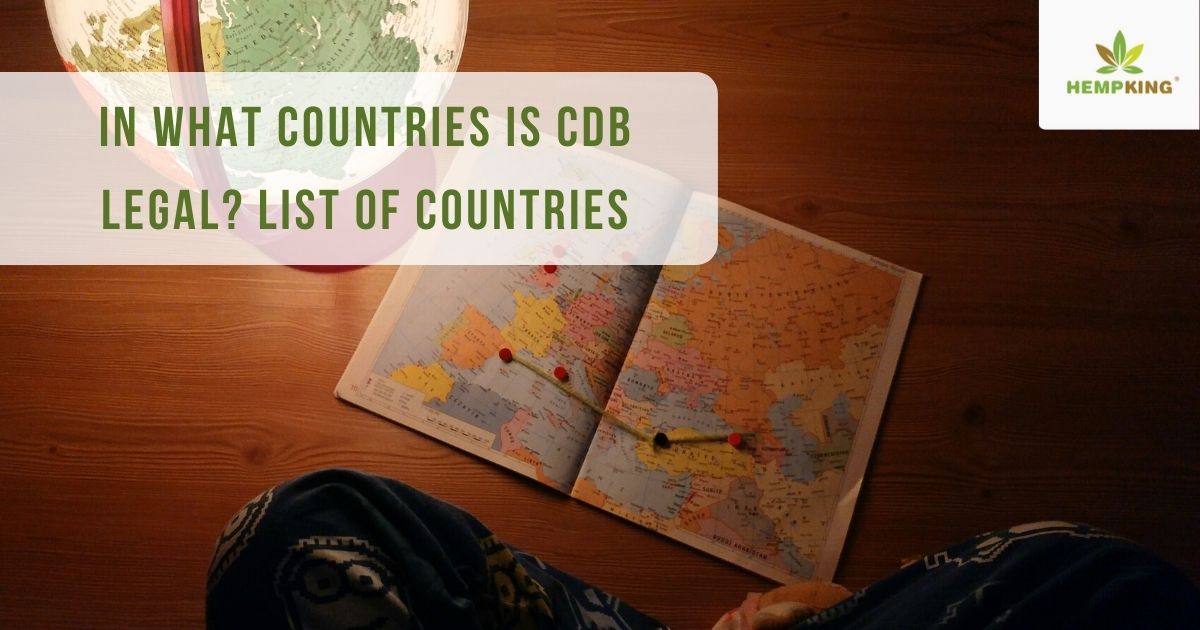
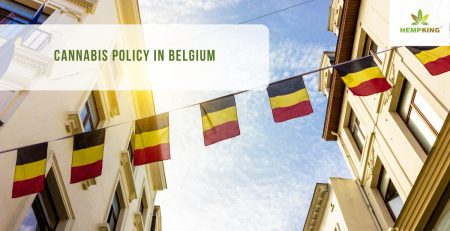
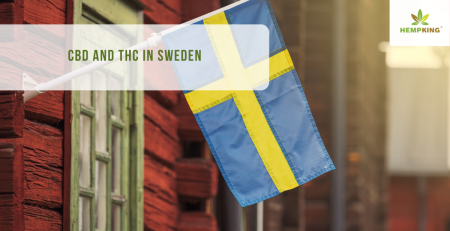
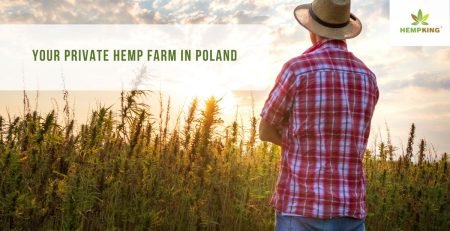

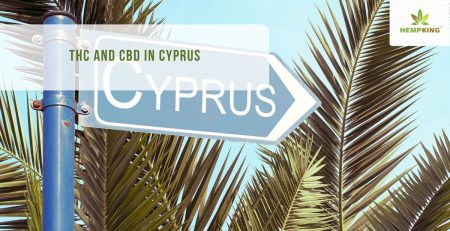
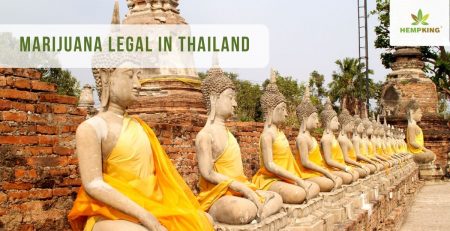
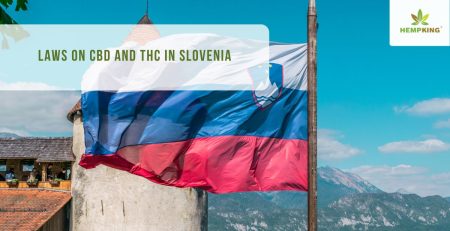
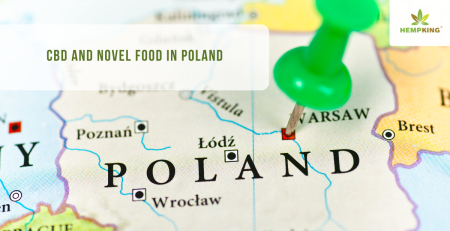
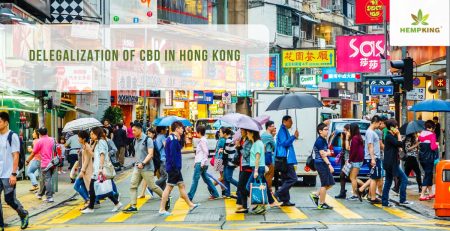

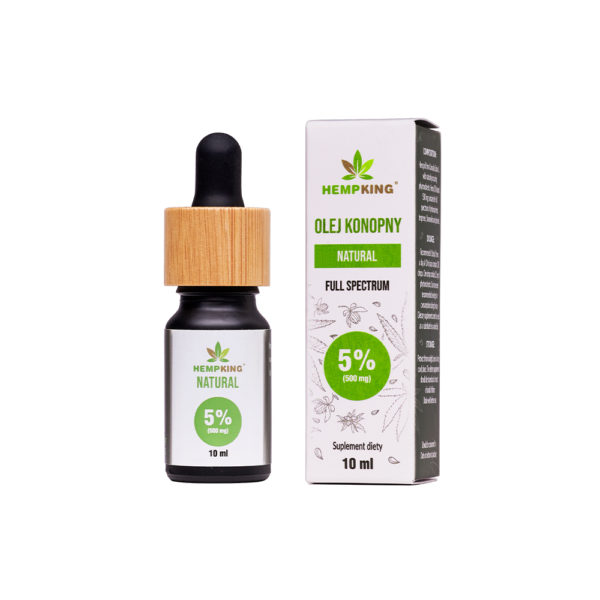
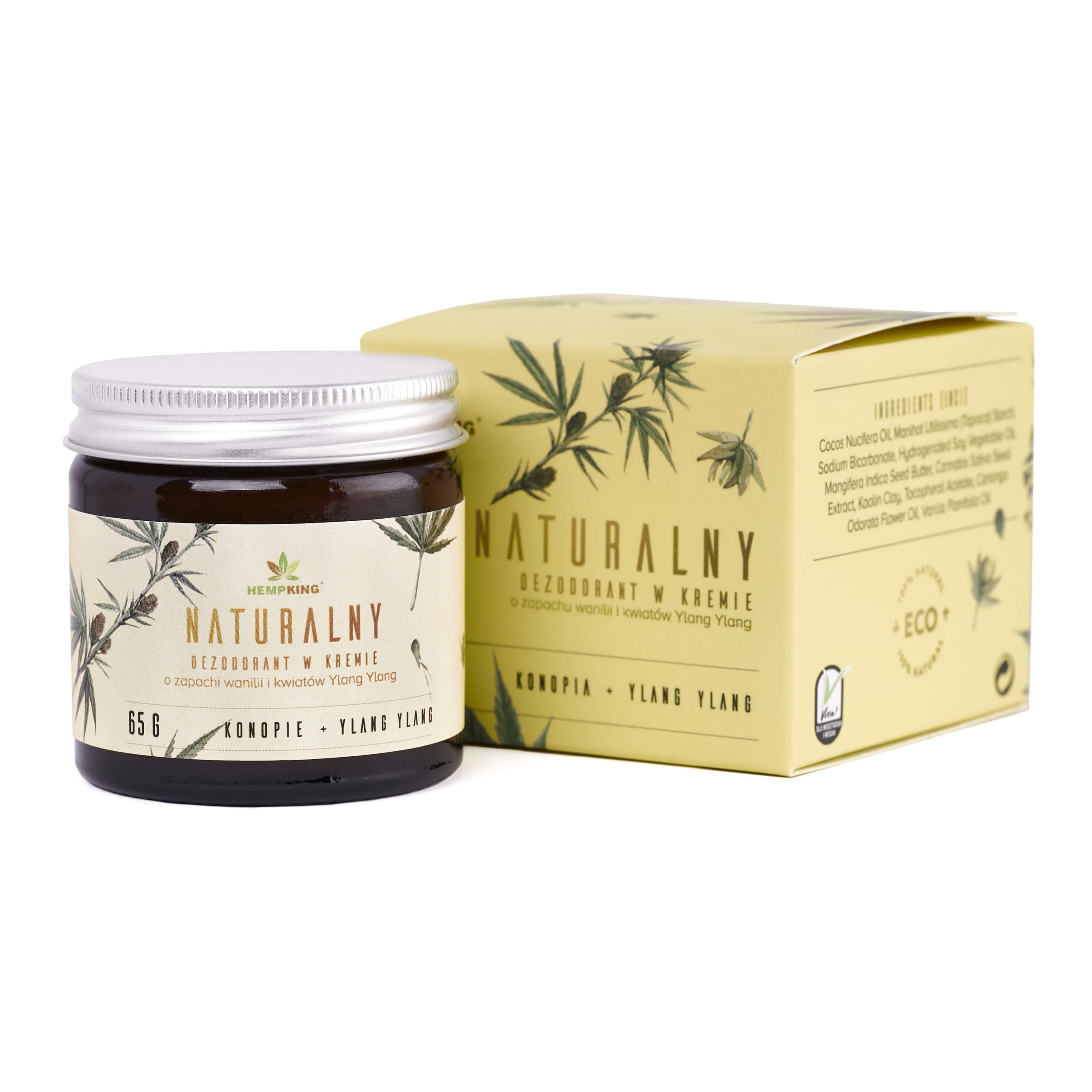
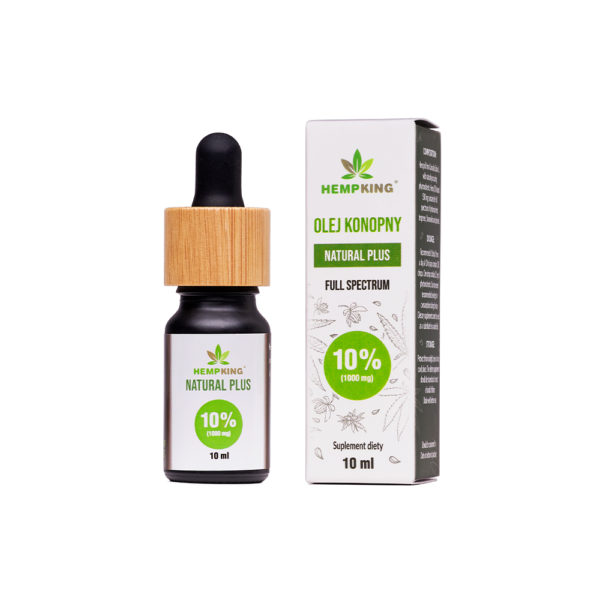
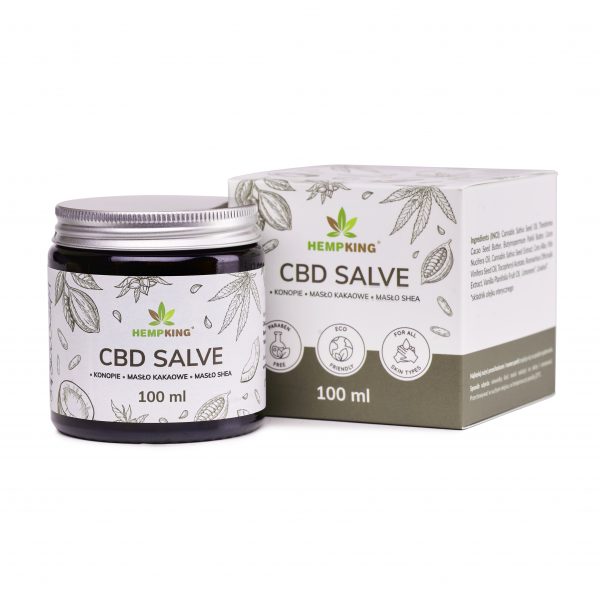
 Facebook
Facebook Instagram
Instagram

Leave a Reply